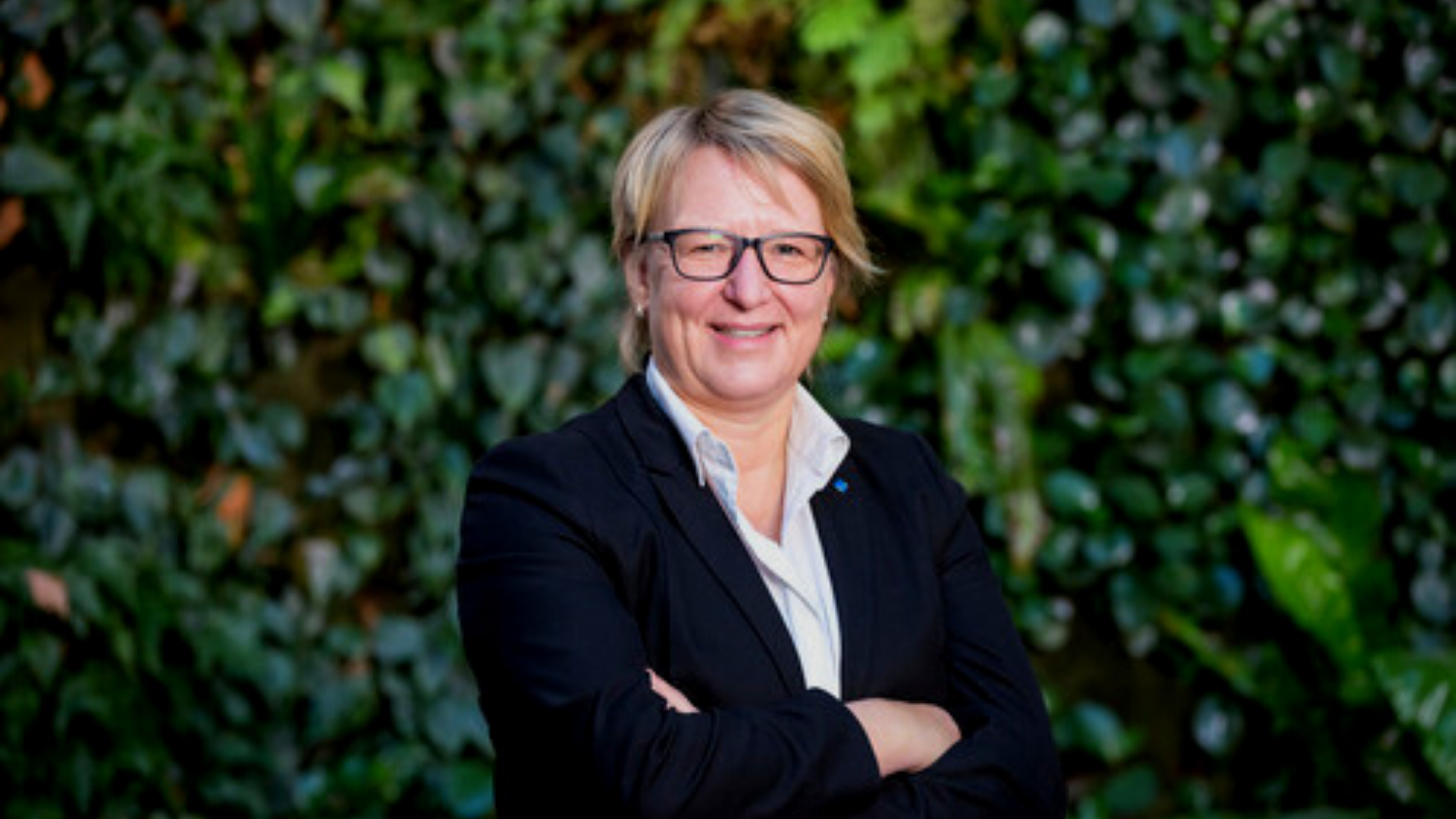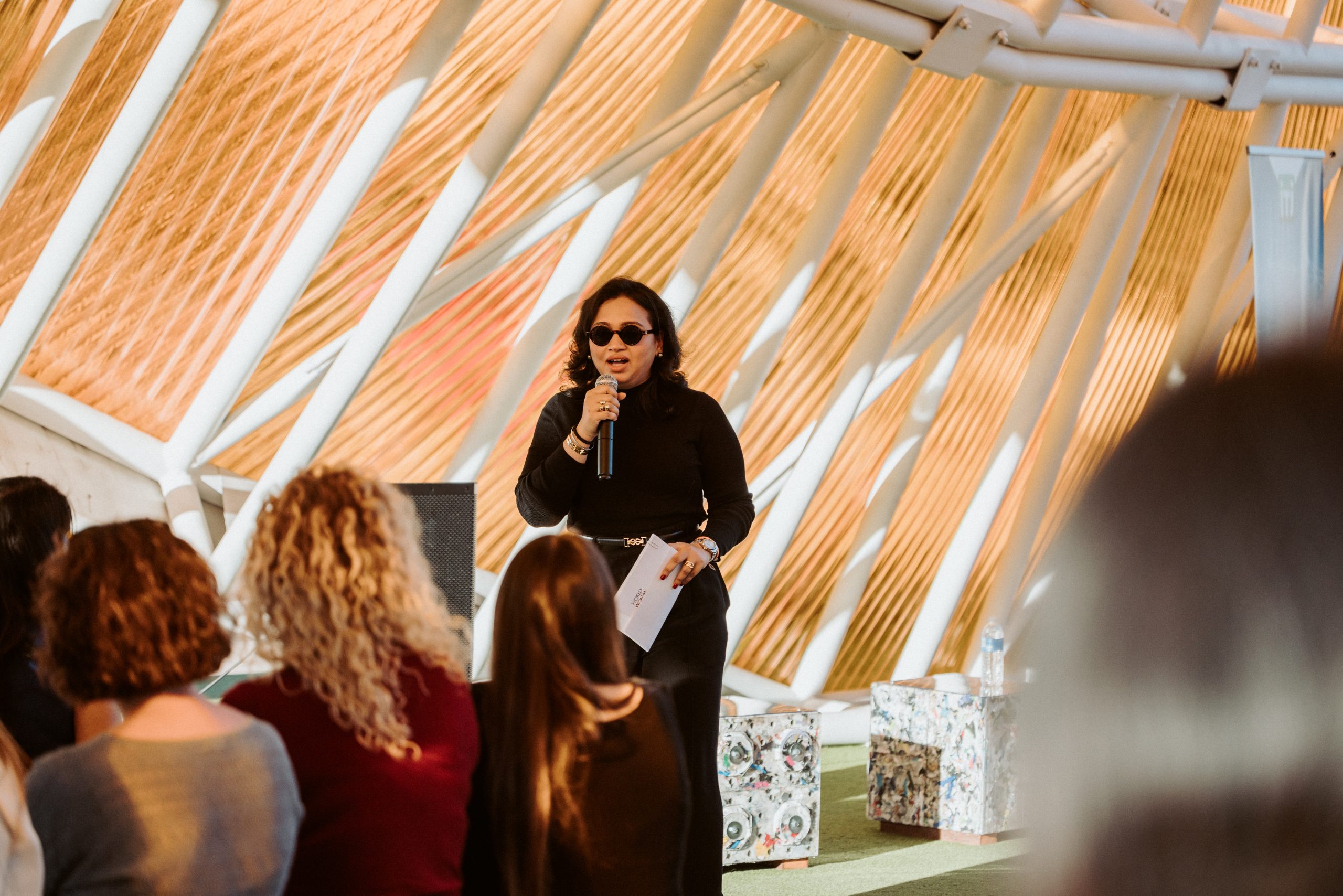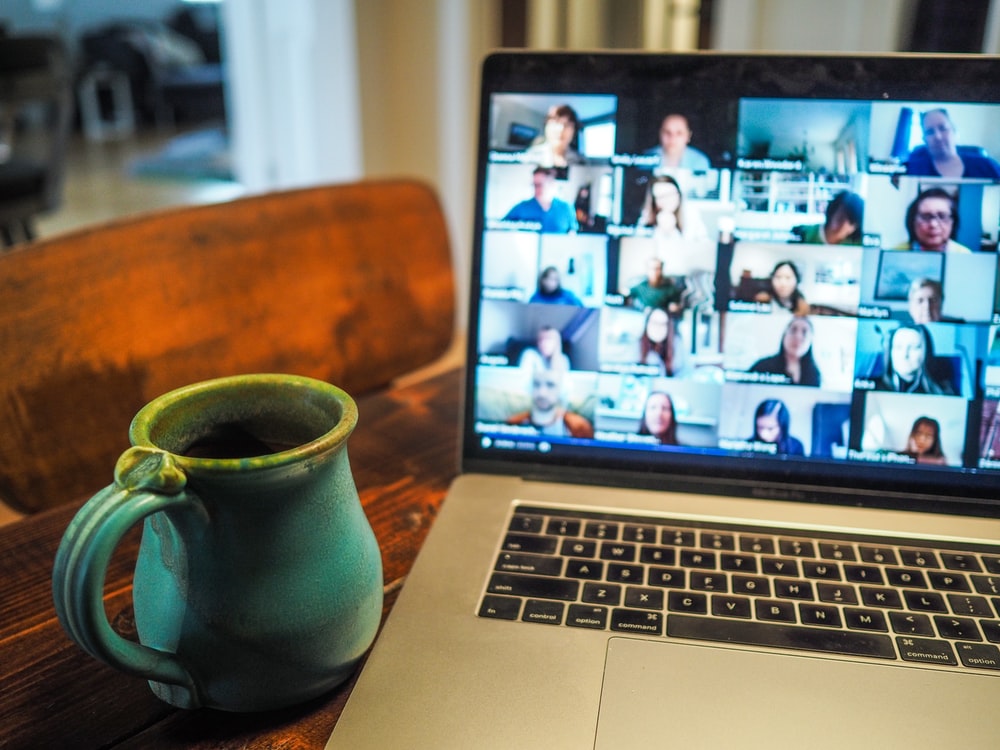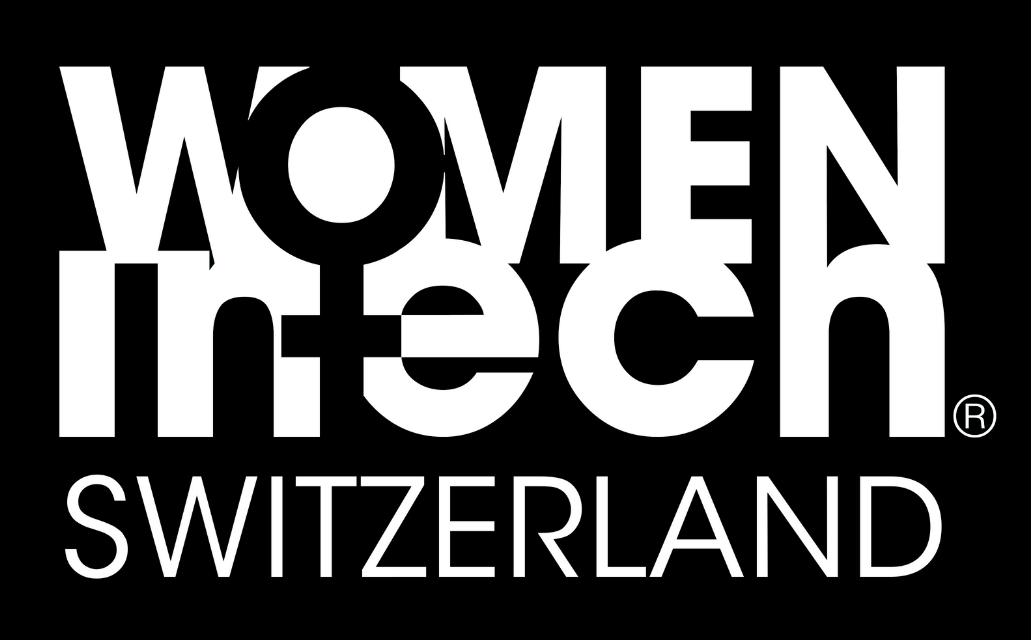Sylvia Thun grew up in Germany at a time when personal computers were new. When she was 11, her father gave her one, which proved so fascinating that she eventually decided she wanted “to work with computers all the time.” Today, having combined that interest with an interest in medicine, she is a prominent researcher in an important new field at the intersection of technology and health care. World Woman Hour in collaboration with Organon honors Sylvia for her leading-edge work in this field, and for being a champion of efforts to see that women are better represented in it.
Sylvia’s work has to do with the uses of data. Many advances in health care are based on data that shows, for example, which treatments tend to work best for the people who have a particular health problem, or what the best preventive steps would be. This data can be gathered from many places around the world: from the results of scientific research, from the clinical trials of new medicines, from hospital records or any other kinds of statistics and records related to health. Sylvia will tell you more about this vital work in the following highlights from her interview with World Woman Hour.
Her current title—a very prestigious one—is Professor of Digital Medicine and Interoperability in the Berlin Institute of Health at Charité, a renowned German hospital. She holds degrees from the Aachen University of Applied Science and the medical school at RWTH Aachen University.
Q: In fairly simple terms, since most of us are not experts in digital medicine, could you describe the nature of your work and some of the problems you’re trying to solve?
Sylvia: I’m working within the field of interoperability, which means that computers and the people who use them want to talk to each other. You need a lot of technology and informatics experience, and you have to know the domain you’re working in. My domain is medicine, so I help doctors and scientists get more data.
We work together in a worldwide community to establish international standards in this field, so that we all get data on a fair basis. [The data should be] findable, accessible, interoperable and reusable. And in my opinion, this data should be a public good, so that we can share our scientific work all over the world. Especially right now, in the pandemic era, we need to work together to help the world in this field.
The challenges are that we often cannot share data, because of the many hurdles. You have data security and privacy issues, which are different in different countries. You have to work together with industry, and industry has its business models, so we scientists have to explain why we would use the data. We have to cooperate and not all people want to cooperate.
Q: You have become known as a leader on women’s issues in your profession. In your view, what are some of the most pressing problems that women face in health care?
Sylvia: Women are facing many challenges. They are often the primary care-parent or caregiver. Often they live in poverty, or they have poor housing; they don’t get enough food. And even in Germany there are many single parents, mostly women, who have to take care of the children and cannot really work, so they don’t have enough money for health care services. So this is one part.
A second part is that most health care workers are women, but these women are not in leadership roles, so they do not have the decision-making power. And there are many women-focused diseases, which affect women uniquely or disproportionately, but which scientists have not focused on because they were not seen as so interesting for this scientific domain.
And a newer problem is unconscious bias within the data we use. Women are underrepresented in data and in clinical trials.
Q: In other words, if women react differently to a certain medicine or condition, would the data fail to show it? How does that happen?
Sylvia: If you want to do the science to develop a new treatment, for instance, you have to have data out of clinical trials. And even in the very early phases of a trial, where they test on mice or other animals, they prefer to use male mice because they are cheaper and they don’t have the hormonal circumstances of a female. That is a decision not to be aware of gender, so the data is wrong. Then upon this data you do more trials, with a larger group, and with humans. And there is gender bias in this group as well, because they prefer to use men who are about 30 years old. Often you get such data from wearables, for instance, or innovative clinical trials where they use data from soldiers in the U.S. They are working on data of which 94% is from men.
Q: Could you tell us a bit about the new global network that you are involved in? The one with the hashtag name, #SheHealth?
Sylvia: It’s about women. This means that all people should be involved in e-health and digital medicine and they should work together. Right now we have more than 500 scientists within our community. We try to find solutions for the gender pay gap, for instance; for women to be more visible in this field, and to have better data with no bias.
Q: In the best case, what do you think the future of health care will look like?
Sylvia: It will be very exciting for all people in the world. We will see a rise of personally tailored health care and digital health. We will have more prevention opportunities. There will be precision medicines to help to cure cancer, and immunizations against cancer, for instance. And we will have better management of chronic disease by working with applications on our smartphones. In my opinion, each person should have their own personal EHR [electronic health record], but first of all we need birth certificates for all children in the world, and we are working on this at the W.H.O. [World Health Organization] level.
Overall, I think people will get more empowered as patients. They will have better health literacy, so they understand their body and physiology better in the future.
Q: How will your life’s work fit in? And what will it take to get to this brighter future?
Sylvia: I’m passionate about interoperability and solving problems with digital health solutions. I want to heal patients with new technologies. I want to fight pandemics and help to work against cancer and prevent chronic diseases. The important thing is that we should do this as an international community. We have to be aware of international organizations like the W.H.O., which tries to fight these diseases. We have to collaborate. We must all work together.
Q: What are key steps for improving the status of women in digital health?
Sylvia: We should have gender equality in leading project positions, and within organizations. We need more role models in this field. One really important issue is equal pay, so we should have transparency of salaries. And we should evaluate recruitment for gender bias and unconscious bias as well.
Q: What advice would you give to young women about embarking on this career—or any other career they might choose?
Sylvia: My advice is to do what you love and love what you do. You should not think about money. It is a reward and not a goal. Success will flow if you’re not thinking of money, but of the goals you have in your life. I would like you to go out, be brave, and believe in yourself.






























